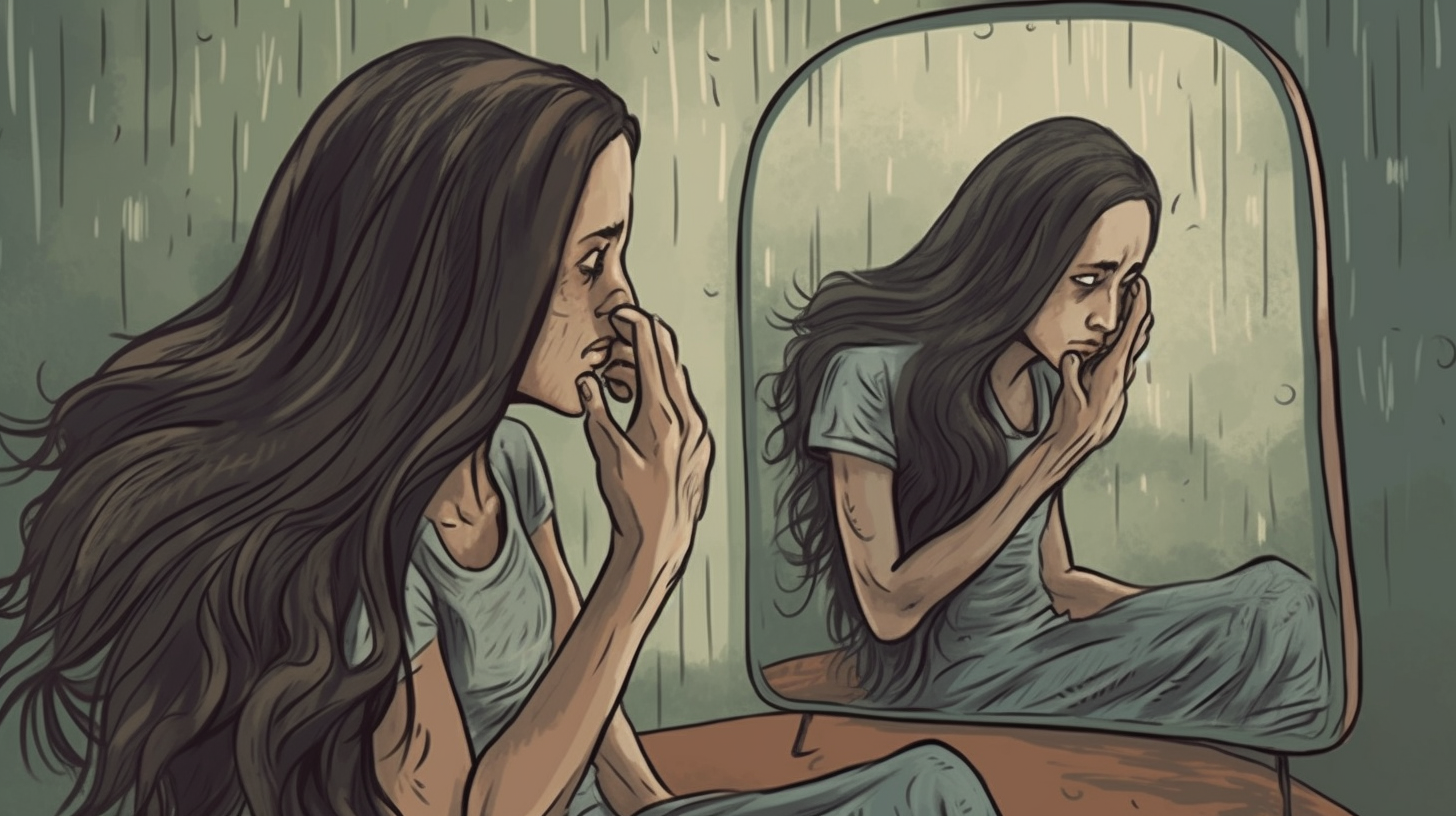Effective Treatment Options for Hair Loss: Expert Advice and Tips
Are you experiencing hair loss or thinning hair? You’re not alone. Hair loss affects millions of people worldwide and can be a sensitive topic for many. Fortunately, there are several effective treatment options available to address this issue. In this blog post, we’ll discuss some of the most popular and effective treatment options for hair loss, including medical solutions, herbal remedies, and holistic approaches. We’ll also provide expert advice and tips to help you prevent hair loss and promote healthy hair growth.
Understanding Hair Loss
Hair loss is a common condition that affects both men and women. It can be caused by various factors, including genetics, hormonal changes, stress, poor nutrition, medication side effects, and scalp infections. There are different types of hair loss, including:
- Androgenetic alopecia: This is the most common type of hair loss in men and women. It’s caused by a combination of genetic and hormonal factors.
- Alopecia areata: This is an autoimmune disorder that causes patchy hair loss on the scalp and other parts of the body.
- Telogen effluvium: This type of hair loss occurs when there’s a disruption in the normal hair growth cycle due to stress or illness.
If you’re experiencing hair loss, it’s essential to consult a doctor or dermatologist to determine the underlying cause and appropriate treatment options for your specific situation.
Medical Solutions
Medical solutions for hair loss include over-the-counter remedies and prescription treatments that are backed by scientific research. Some popular medical solutions include:
- Hair Loss Medication: Medications such as minoxidil (Rogaine) and finasteride (Propecia) are FDA-approved treatments for hair loss. Minoxidil is a topical solution that’s applied to the scalp, while finasteride is an oral medication that’s only available by prescription. Both medications work by promoting hair growth and slowing down hair loss.
- Hair Transplant: Hair transplant surgery involves removing hair from one area of the scalp and transplanting it to another area where hair is thinning or balding. This procedure can be expensive but provides long-lasting results.
- Hair Restoration: Hair restoration procedures such as follicular unit extraction (FUE) and follicular unit transplantation (FUT) involve transplanting healthy hair follicles from one part of the scalp to another. These procedures can be effective for both men and women with pattern baldness.
- Scalp Micropigmentation: Scalp micropigmentation is a non-surgical treatment that involves tattooing tiny dots on the scalp to create the illusion of a fuller head of hair.
- PRP Therapy: Platelet-rich plasma (PRP) therapy involves injecting a patient’s own blood plasma into the scalp to stimulate hair growth. This treatment has gained popularity in recent years, although more research is needed to confirm its effectiveness.
- Low-Level Laser Therapy: Low-level laser therapy (LLLT) involves using a special device to emit low-energy laser light onto the scalp. This treatment is believed to stimulate hair growth by increasing blood flow to the hair follicles.
It’s essential to consult a doctor or dermatologist before starting any medical treatment for hair loss. They can help determine which treatment option is best suited for your specific situation and medical history.
Herbal Remedies
Herbal remedies for hair loss have been used for centuries and are often considered a more natural alternative to medical treatments. Some popular herbal remedies include:
- Hair Growth Oils: Essential oils such as rosemary, lavender, peppermint, and cedarwood are believed to promote hair growth by increasing blood flow to the scalp.
- Vitamins and Supplements: Vitamins such as biotin and iron are essential for healthy hair growth. Adding these vitamins to your diet or taking supplements can help prevent hair loss and promote healthy hair growth.
While herbal remedies may be effective for some people, it’s important to note that there is limited scientific research supporting their effectiveness. Additionally, some herbal remedies may interact with medications or cause allergic reactions in some people. It’s always essential to consult a doctor or dermatologist before using any herbal remedy for hair loss.
Holistic Approaches
Holistic approaches to hair loss take a whole-body approach to promoting healthy hair growth. Some popular holistic approaches include:
- Dietary Changes: Eating a balanced diet rich in protein, iron, and other essential vitamins and minerals can help promote healthy hair growth. Foods such as eggs, nuts, leafy greens, and fatty fish are excellent sources of these nutrients.
- Stress Management: Stress can contribute to hair loss by disrupting the normal hair growth cycle. Managing stress through techniques such as meditation, yoga, or deep breathing exercises can help reduce the risk of hair loss.
- Scalp Massage: Massaging the scalp can help increase blood flow to the hair follicles, promoting healthy hair growth. Using a scalp massage brush or your fingertips, gently massage your scalp for a few minutes each day.
While holistic approaches may not be as fast-acting as medical treatments, they can provide long-term benefits for overall health and well-being.
Conclusion
Hair loss can be a challenging and sensitive issue for many people. Fortunately, there are several effective treatment options available, including medical solutions, herbal remedies, and holistic approaches. It’s essential to consult a doctor or dermatologist to determine the underlying cause of your hair loss and the appropriate treatment options for your specific situation. By incorporating practical tips and expert advice into your daily routine, you can prevent hair loss and promote healthy hair growth.



